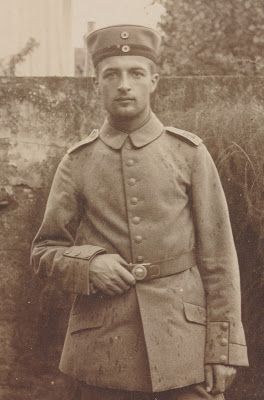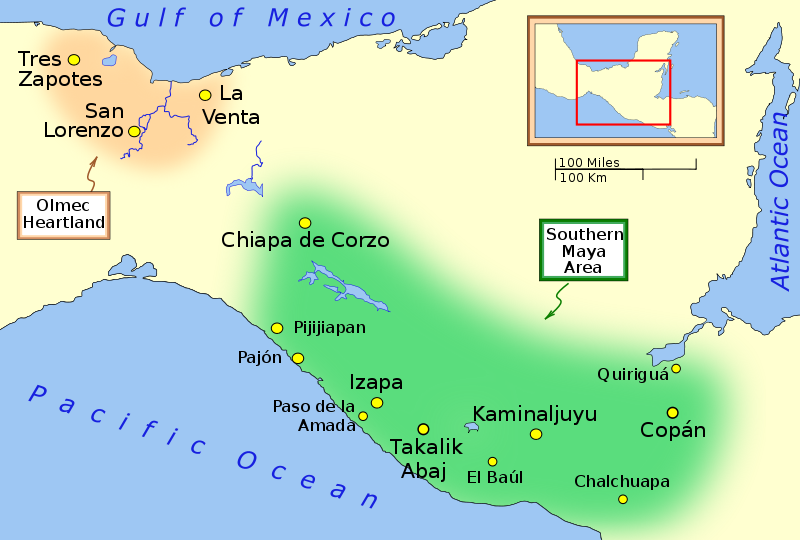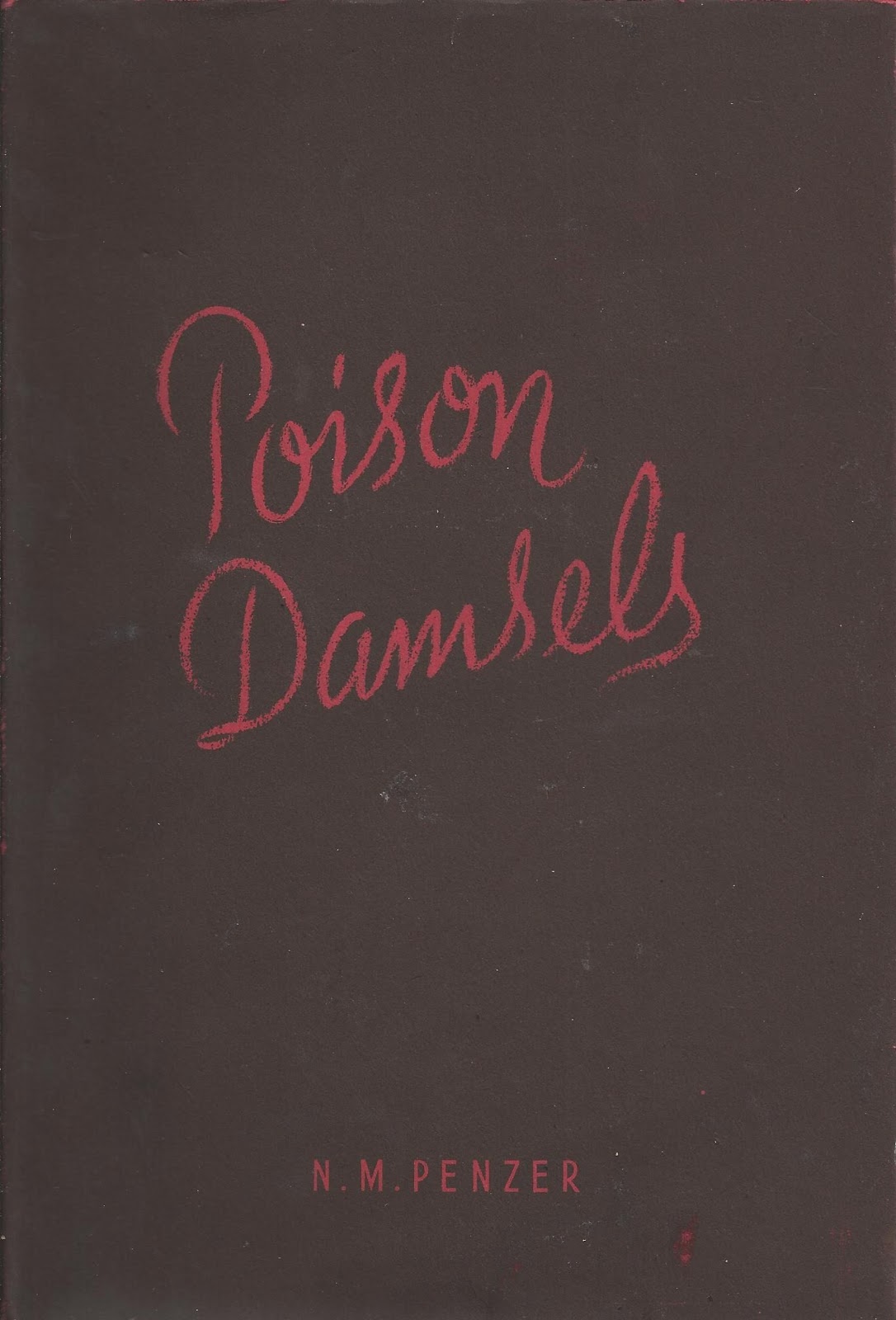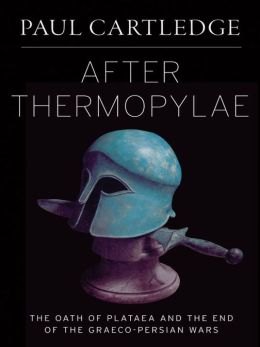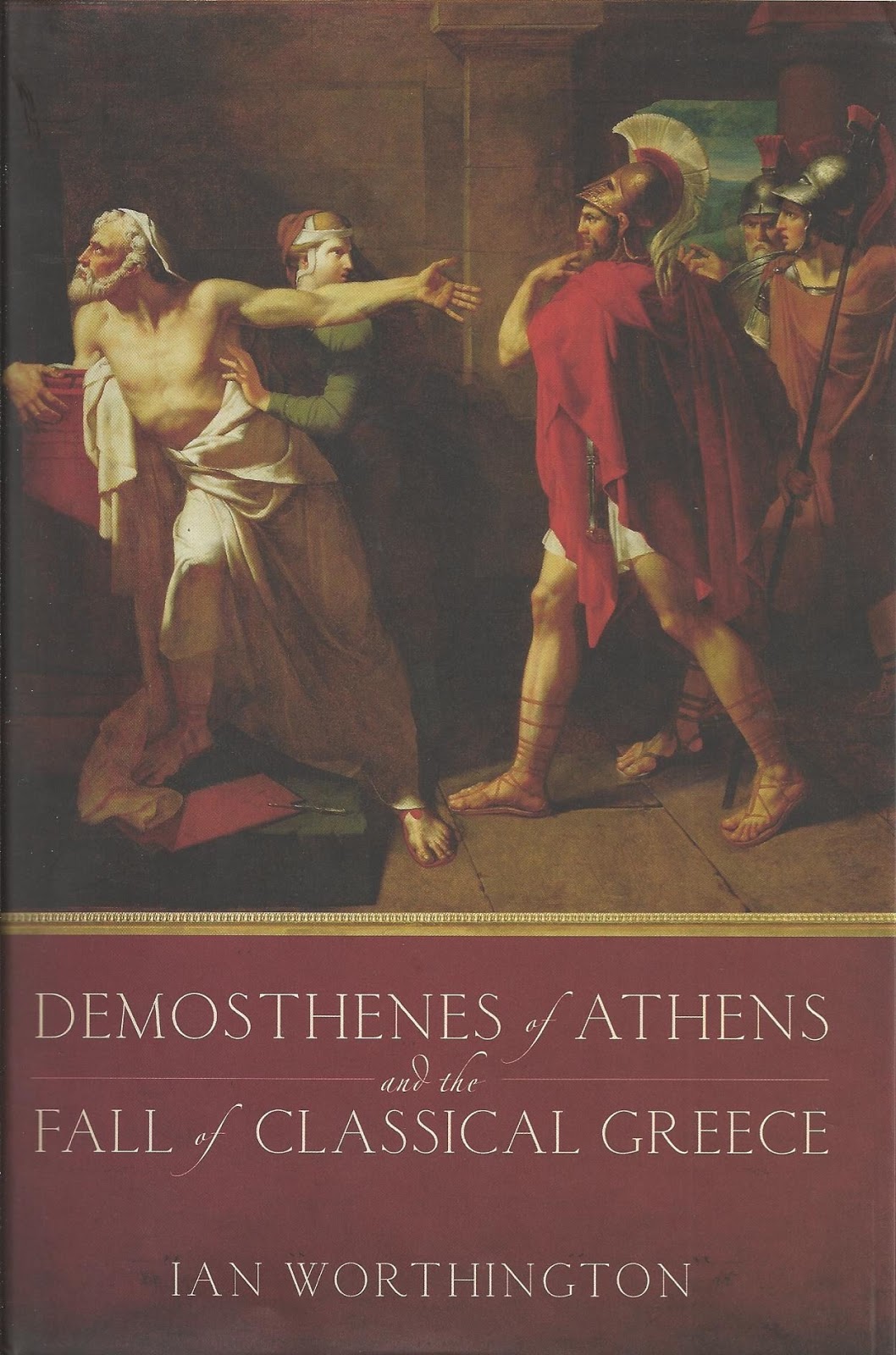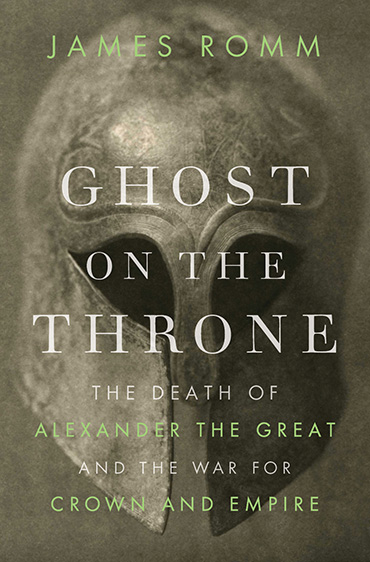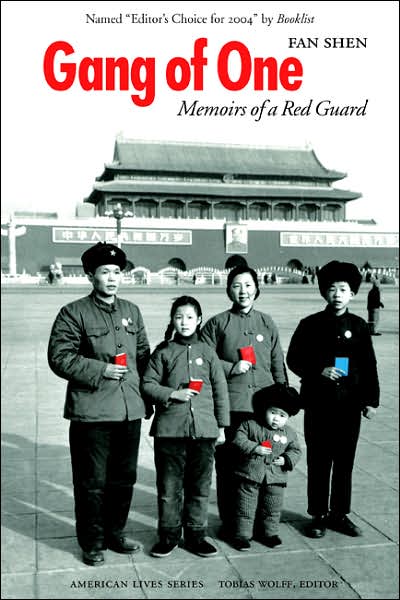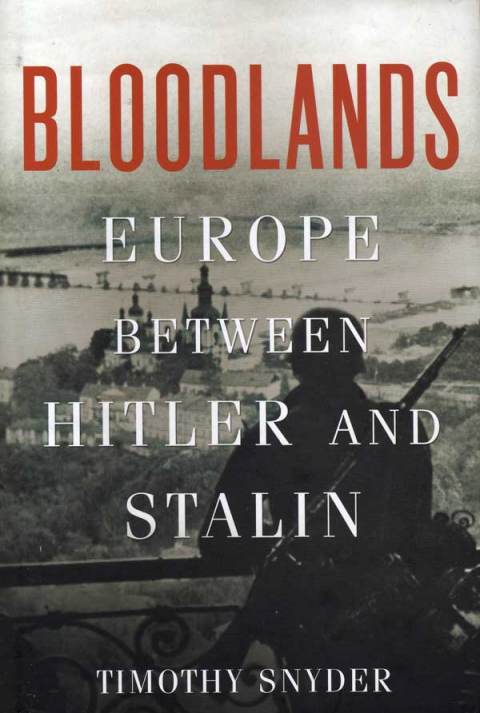Alexander’s Lost World is a 6 x 60” series coproduced with David Adams Films and Sky Vision. Following the course of the River Oxus (Amu Darya) for the first time, Adams takes viewers on an extraordinary 1,500-mile (2400 km) journey through war-torn Afghanistan and Central Asia. The Ancient Greeks have long been credited for bringing […]
Tag: World History
At the risk of re-linking what you may have already seen, I wanted to highlight what Dean Putney has been doing. His blog, the Walter Koessler project, represents much work in scanning, researching, and publishing a family heirloom: his great-grandfather’s photo album. From Dean’s first post: It’s incredible for many reasons: Walter was German, and […]
Honduran archaeologist Ricardo Agurcia Fasquelle, Executive Director of the Copán Association, presents this inaugural lecture in the Great Battles Series. Until recently scholars depicted the ancient Maya as a peaceful civilization devoid of warfare. This somewhat romantic notion has been overturned by evidence of a starker reality: during the Classic period (ca. 250—900 CE) an […]
Another historical drama, but this one is less like a soap opera than last week’s recommendation. A Royal Affair, directed by Nikolaj Arcel, is “set in the 18th century, at the court of the mentally ill King Christian VII of Denmark, and focuses on the romance between his wife, Caroline Matilda of Great Britain, and […]
Dr. Patrick Hunt, Stanford University, speaks. Hannibal, a Carthaginian commander who lived ca. 200 BCE, is considered one of the greatest military commanders in history. His use of the environment in his warfare against Rome in the Second Punic War—often called the Hannibalic War—set precedents in military history, utilizing nature and weather conditions as weapons […]
This 2008 TV miniseries covers parts of the English Civil War, using the fictional Angelica Fanshawe and historical Edward Sexby as focal points (although there is some historical basis for her character). Peter Flannery wrote the screenplay. Parts of the series are cartoonish and skip over major events, but overall I enjoyed it. I wish […]
Poison-Damsels and Other Essays in Folklore and Anthropology by N. M. Penzer London: Chas. J. Sawyer, 1952 The present four Essays are based on Appendixes originally published in my edition of C. H. Tawney’s Kathā-Sarit-Sāgara, which I called The Ocean of Story. Somewhat hidden in such a large work—it ran to ten volumes—and in view […]
After Thermopylae: The Oath of Plataea and the End of the Graeco-Persian Wars by Paul Cartledge Emblems of Antiquity series Oxford University Press, 2013 ISBN: 9780199747320 Paul Cartledge’s name has been mentioned on this blog several times—he is the A. G. Leventis Professor of Greek Culture in the Faculty of Classics at the University of […]
(From the YouTube description) Dr. Jeremy McInerny [sic], Professor of Classical Studies, examines the tactics and strategy of the Battle of Thermopylae (in present-day Greece) in 480 BCE. Why was the battle fought at this location and was it, as it is often portrayed, a turning point in the confrontation of East and West? This […]
Demosthenes of Athens and the Fall of Classical Greece by Ian Worthington Oxford University Press, 2013 ISBN: 9780199931958 Demosthenes (384-322 BC) profoundly shaped one of the most eventful epochs in antiquity. His political career spanned three decades, during which time Greece fell victim to Macedonian control, first under Philip II and then Alexander the Great. […]
Bumped to highlight the recent posts in the centennial series… I wanted to mention a series starting at mental_floss that will look at the upcoming centennial of the start of World War I: The First World War was an unprecedented catastrophe that killed millions and set the continent of Europe on the path to further […]
My last post while I’m taking a break… An article by David Mikics, “The Diplomat of Shoah History,” fits in well with much of my recent reading and I highly recommend it (even with some reservations). In the article Mikics looks at Timoth Snyder’s book Bloodlands: Europe Between Hitler and Stalin and the question “Does […]
The Chronicle of Higher Education has an article by R. M. Douglas on the forced German relocations after World War II: “The European Atrocity You Never Heard About“. Except readers have heard about them. Timothy Snyder’s Bloodlands: Europe Between Hitler and Stalin contains a section on the many relocations of Germans. Not to mention George […]
I wanted to make a short post after listening to the audiobook version of Winter King: Henry VII and the Dawn of Tudor England by Thomas Penn. Highly recommended. OK, maybe I should add a little bit to that… I knew very little about Henry VII before listening to the book, which probably reflects his position between the […]
In which I continue to use my blog as a personal notebook… A link to an outstanding article on and review of George F. Kennan: An American Life by John Lewis Gaddis. His fluency in German and Russian, as well as his knowledge of those countries’ histories and literary traditions, combined with a commanding, if […]
Ghost on the Throne: The Death of Alexander the Great and the War for Crown and Empire by James Romm Knopf, 341 pp., $28.95 This book covers in gripping detail the events that began on June 1, 323 B.C., when Alexander the Great became ill with what would be a fatal fever, and ended seven […]
Thanks to rogueclassicism for the following links, both of which cover some of the history of Carthage and one to Richard Miles’ Carthage Must be Destroyed. Richard Miles’ was on ABC Radio National’s program By Design discussing Carthage – and where is it now? (link is dead; broadcast not currently available). A wide ranging discussion, […]
Gang of One: Memoirs of a Red Guard by Fan Shen (University of Nebraska, 294 pp.) From the University of Nebraska Press page: In 1966 twelve-year-old Fan Shen, a newly minted Red Guard, plunged happily into China’s Cultural Revolution. Disillusion soon followed, then turned to disgust and fear when Shen discovered that his compatriots had […]
I throw this out for anyone that was interested in Bloodlands since this book focuses on some of the same area but expands the history. Because of the price, I probably won’t be buying it any time soon but I’ll definitely look for this in nearby libraries. From the description at the Oxford University Press: […]
Timothy Snyder, Bloodlands: Europe Between Hitler and Stalin Basic Books, Hardcover, 544 pages ISBN-10: 9780465002399 / ISBN-13: 978-0465002399 Each of the dead became a number. Between them, the Nazi and Stalinist regimes murdered more than fourteen million people in the bloodlands. The killing began with a political famine that Stalin directed at Soviet Ukraine, which […]
